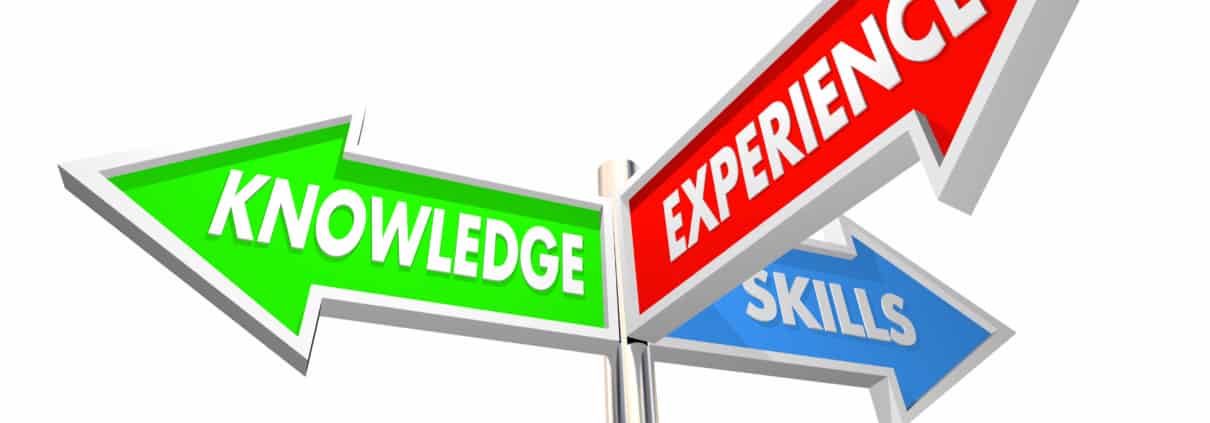Knowing “What to Do” Isn’t Enough
This week’s subject deals with some issues faced by every business, but we’ll be looking at their particular effect in family enterprises.
In addition, there’s an angle to this question that applies very much to advisors who serve business families and their members.
In fact, the inspiration for this post comes from something directed specifically at those of us who serve families in this space.
Let’s see how far we can get in connecting all these elements.
Personal Connection to Stories About This
When I began planning to write about “knowledge vs. skills”, for some reason I flashed back to my Dad, and I want to share two very different ways this was really relevant in his life.
Dad was trained as an apprentice in Austria before immigrating to Canada in the 1950’s. He had not realized what an advantage that European training in “how to do” his work for the steel fabrication industry would give him a leg up when he got here.
There was a skills shortage in those post-war years in North America. Many knew what needed to be done, but we didn’t have enough skilled hands to do the work.
Much later in Dad’s life, he’d often make sure we took the time to distinguish the “what to do” from the “how to do it”.
“Let’s figure out ‘what to do’ first, then we can figure out ‘how to do it’”.
Onboarding the Rising Generation Family Members
In lots of family businesses, the first generation who founded the business need to have the skill to pull off the important work to get the company off the ground.
A generation later, the questions of how and where to integrate the next generation into a company typically arise. Naturally, there’s always more than one “right” way to do things in any particular situation.
Many families struggle, though, with whether or not to start their offspring “on the ground floor”, like working in the factory, or whether they can just saunter into an office job, because they were educated, and therefore arrive armed with lots of knowledge.
Some really interesting challenges can arise when one sibling ends up with skills useful to the operation and another is better educated and has lots of knowledge and they’re expected to get along well together and complement each other for the good of the business.
It’s great when it works, but fraught with negative consequences when they don’t get along.
What About Those Who Advise FamBiz?
A couple of weeks ago in When Being Wealthy Doesn’t Equal Having Money, I mentioned the work of someone I look up to in this space, Dr. Jim Grubman, and I’m going back to his well and wealth of experience in the field of serving enterprising families again here.
In a sense this post will serve only as a tease to further writing about the recently formed Ultra High Net Worth Institute, and their work, where I know Jim was involved in the creation of their new model, The Ten Domains of Family Wealth.
I first became aware of the UHNW Institute last year, and when I saw that they had created this new model to help understand all the important areas that wealthy families need to consider, I was hooked.
Great Knowledge, Yes. Skills Also Required.
One of the points Grubman makes is that while knowledge is great, it is not sufficient, for those who wish to truly serve families well.
Many people know that families need to work on their governance and have family meetings, but knowing that doesn’t automatically make one the best person for a family to hire to help them with such matters.
And when merely knowledgeable people act as if they are also skilled, bad things can occur. Skills matter.




